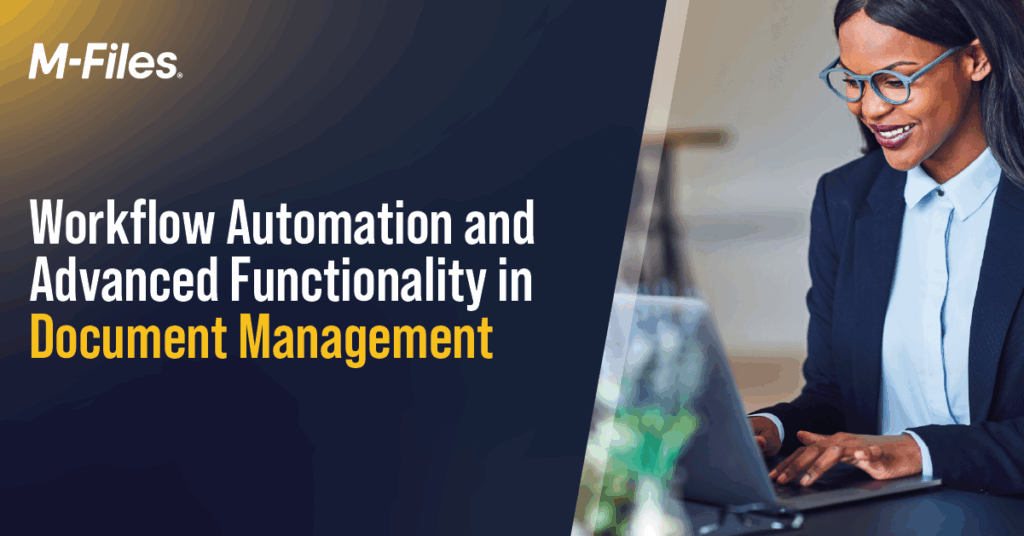How AI Is Transforming Wealth Management
How AI and Automation Are Reshaping Wealth Management

The wealth management industry is increasingly adopting AI and automation technologies to enhance operational efficiency, client interactions, and regulatory compliance. By automating back-office tasks such as document management and data analysis, firms can reduce manual workloads and focus more on personalized advisory services. AI tools enable wealth managers to analyze large datasets, predict client needs, and offer proactive investment advice, improving financial outcomes and client satisfaction. Additionally, automation is making personalized financial advice more accessible to a broader audience by lowering costs and enabling self-service digital platforms.
To successfully implement these technologies, firms must ensure data accuracy and comply with regulations like the EU’s AI Act, which mandates safety and reliability standards for AI models. Organizing data effectively is essential for leveraging generative AI tools while protecting clients. Overall, embracing AI and automation is becoming essential for wealth management firms to remain competitive and deliver superior service in a rapidly evolving financial landscape.
Wealth management firms can unlock new insights and greater efficiency by embracing the power of automation and AI tools
The wealth management industry has undergone a significant transformation in recent years, driven by changing client expectations and powered by advancements in AI and automation. These technologies are not only streamlining operations but also enhancing client interactions and democratising financial advice, revolutionising the financial sector and an AI-enabled future for the financial services industry.
Wealth management firms are expected to fully embrace knowledge work automation platforms that enhance client information management and regulatory compliance by automating back-office processes such as document management and data analysis. This shift will enable wealth managers to focus more on high-touch client interactions and advisory strategy development, significantly reducing the manual workload that currently hinders service and productivity. By enhancing operational workflows, wealth management firms can offer clients more timely and personalised advice while improving cost efficiency across their operations. This means clients will receive better service and more tailored financial guidance, ultimately leading to improved financial outcomes.
One key area where automation will make a significant impact is document management. Wealth management involves handling a vast amount of content, from client records to compliance documents. Automating processes like document classification or regulatory compliance will reduce the time wealth managers spend on non-advisory work, allowing them to dedicate more time to fulfilling clients’ needs.
Data analysis is another critical aspect of wealth management that will benefit from automation. By leveraging AI-powered tools, wealth managers can analyse large datasets to identify trends, assess risks and make informed decisions. This capability will enable firms to provide clients with more tailored and timely advice, enhancing their overall experience and supporting compliance requirements.
Wealth management firms are also increasingly relying on AI to not just react to client needs but also predict them. By analysing past behaviours, market trends and financial goals, AI enables wealth managers to offer proactive advice on investment opportunities, portfolio adjustments and risk mitigation strategies. This predictive capability empowers advisors to anticipate market changes and advise clients on actions before those shifts occur. As a result, clients can make more informed decisions, potentially increasing their investment returns and enabling them to achieve their financial goals more effectively.
In addition, AI and automation are making wealth management services more accessible to a broader audience. Traditionally, personalised financial advice was reserved for high-net-worth individuals due to the high costs associated with human advisors. However, AI-driven platforms can provide personalised advice at a fraction of the cost, making these services available to a wider range of clients.
Self-service capabilities are another area where AI is making a significant impact. Clients can now access their financial information, perform transactions and receive advice through user-friendly digital platforms. This level of accessibility empowers clients to take control of their financial futures and make informed decisions without the need for constant advisor intervention. AI enhances client engagement and customer interactions, and supports embedded finance solutions that integrate financial services into digital ecosystems.
However, to see these benefits, firms must follow a careful, rigorous process when implementing AI and automation technologies. After the approval of the European Union’s AI act – which requires regular incident reporting and testing of ‘high-risk’ models – it is crucial for AI solutions to be provably safe and reliable.
This level of precision can only be achieved by building on a foundation of accurate and well-structured data. Companies should therefore start their AI journey by organising data across all of their operations, providing a reliable source of information for a generative AI tool to use. In doing so, they will be protecting their customers while also delivering vital work automation that will increase efficiency and streamline processes for employees.
As AI continues to evolve, it will play an increasingly important role in helping wealth management firms deliver superior service and achieve better financial outcomes for their clients. Embracing AI and automation is not just a trend but a necessity for firms looking to stay competitive in the rapidly changing financial landscape.
Yohan Lobo is industry solutions manager for financial services at M-Files.
- Wealth management firms are leveraging AI and automation to streamline back-office processes, allowing advisors to focus more on client interactions and strategy development.
- AI-powered tools enable wealth managers to analyze large datasets for trend identification, risk assessment, and delivering personalized, timely financial advice.
- The adoption of AI-driven platforms is making personalized financial advice more accessible and affordable to a broader range of clients beyond high-net-worth individuals.









